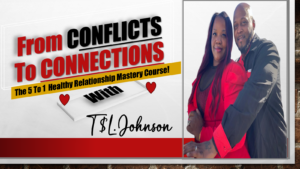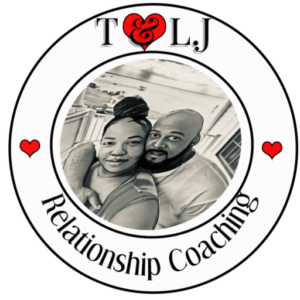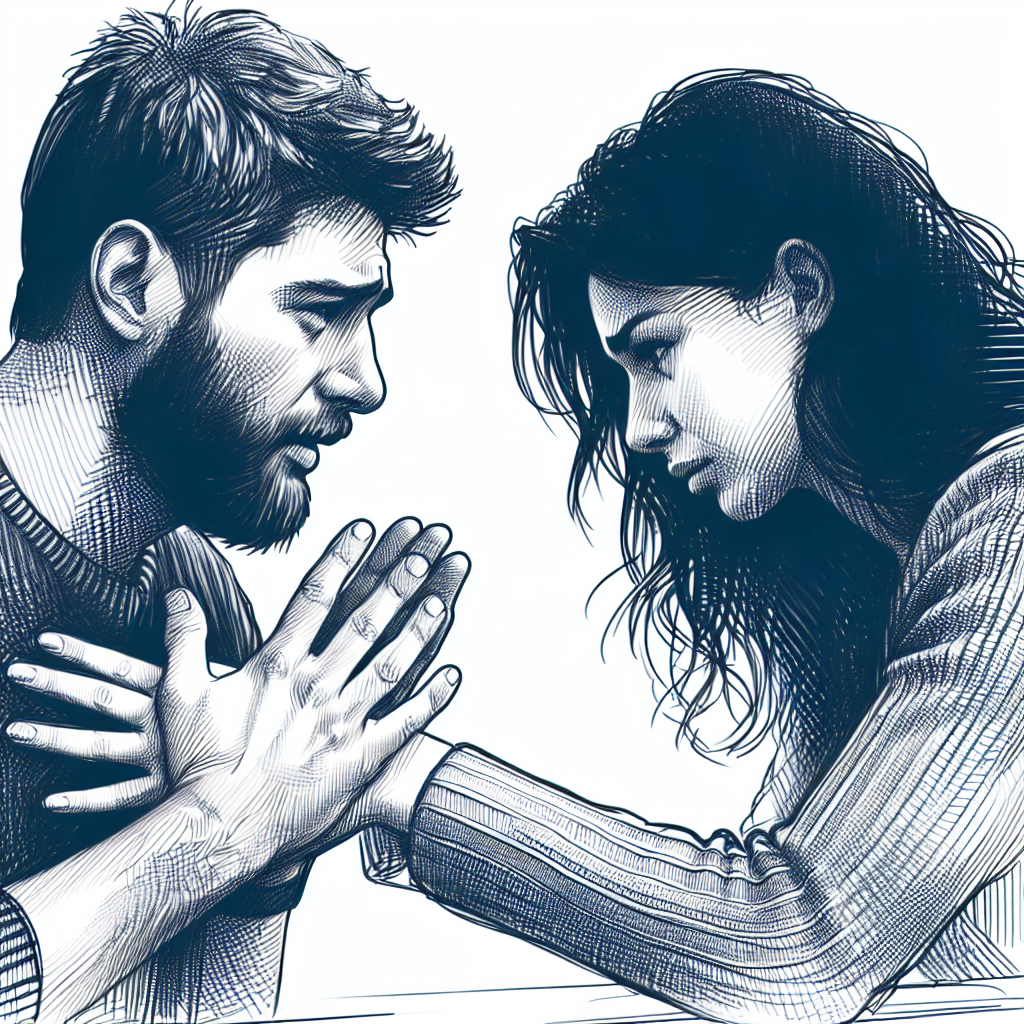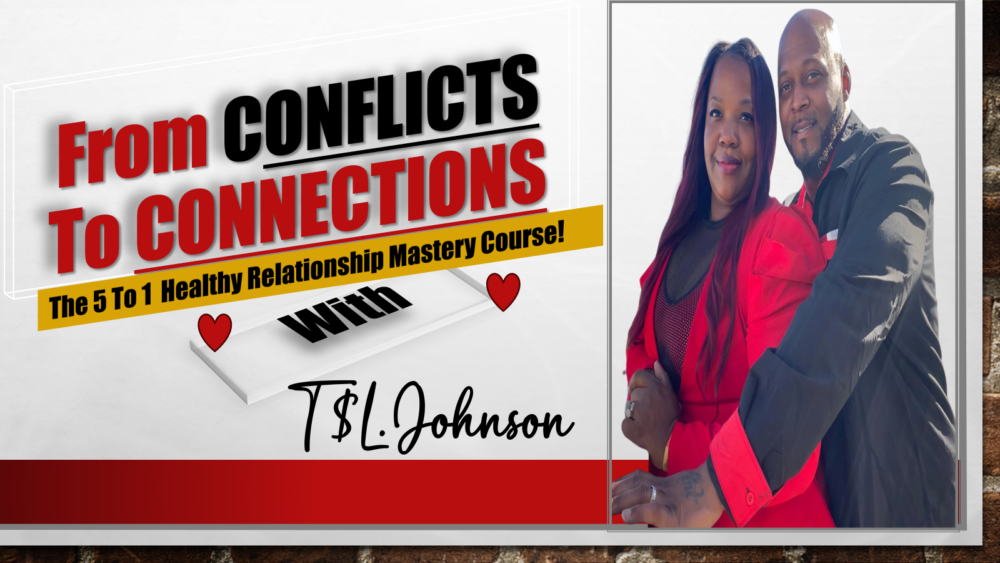Understanding the Roots of Our Arguments
Unpacking our Past Experiences
When I look back at my relationships, I can’t help but notice how our arguments often reflect our individual histories. Each conflict we face seems to carry echoes of childhood experiences, past relationships, and deeply ingrained values. It’s as though every disagreement serves as a mirror, reflecting not just our differences but our backgrounds and how those shape our perspectives.
I realized that the way I argue is influenced by how my parents handled conflict. Did they sit down calmly and discuss things, or was it a yelling match? Understanding these roots can help us see why we react the way we do and pave the way for healthier discussions in the future.
Recognizing our histories allows for a deeper level of empathy during disputes. Instead of wrangling over who’s right or wrong, we can focus on understanding each other better and working towards solutions that respect both of our backgrounds.
Communication Styles: The Good, The Bad, The Ugly
Communication is everything in a relationship, right? I’ve come to learn that how we argue often reveals our communication styles. Some folks are more straightforward, while others dance around issues or rely on sarcasm. My experiences tell me that we must navigate these styles thoughtfully to avoid unnecessary escalation.
For instance, I’ve found that I sometimes resort to passive-aggressive remarks when I’m upset, which only complicates things! Understanding that this is not effective has pushed me to work on being more direct about my feelings. My partner, on the other hand, struggles with expressing emotions openly. Recognizing these differences can help in approaching arguments more constructively.
To better communicate during conflicts, we need to engage in active listening. It’s super important to truly hear what our partner is saying rather than just waiting for our turn to speak, and that’s a skill that’s taken time and practice for me to master.
Emotional Safety in Disagreements
If there’s one thing I’ve learned from my experiences, it’s that feeling emotionally safe during disagreements is crucial for a loving relationship. When we argue, we often let our guards down, and it’s vital that we create an environment that fosters trust. I always aim to express my feelings without putting my partner on the defensive because I want them to feel valued, even when tensions rise.
Setting boundaries around how we argue has been a game-changer for me. For example, we agreed no name-calling or bringing up past grievances. This rule helps keep the argument focused on the current issue and allows for a more constructive conversation. Having these boundaries in place also removes some of the fear and uncertainty that comes with conflict.
Lastly, practicing vulnerability during disagreements has helped deepen my bond with my partner. When I share my fears and insecurities, it opens the door for them to do the same, building a stronger connection amidst the chaos of conflict.
The Importance of Compromise
Finding Common Ground
Ah, compromise—the art of meeting halfway. I’ve learned that every argument is an opportunity to negotiate and find common ground. At times, it feels like a tug-of-war, but the real goal should always be mutual satisfaction. Focusing on what we both need from the argument keeps the conversation moving forward.
One tool that’s worked for me is actively brainstorming solutions together. It’s not just about “I need this” or “You want that”—it’s about crafting a win-win situation. This can feel daunting, but breaking down the issues into smaller parts makes it more manageable and less overwhelming.
Additionally, acknowledging when we can make sacrifices for one another has been pivotal in my relationship. If I know my partner really values something, I’m more willing to bend. This not only helps resolve conflict but reinforces our commitment to each other.

Listening and Validation
One of the biggest lessons I’ve taken away from arguing is the importance of listening and validating my partner’s feelings. When we’re knee-deep in an argument, it’s easy to forget that we are both just people trying to express ourselves. Taking a moment to validate their emotions, even if I don’t agree, has done wonders for our relationship.
I make it a point to say, “I can see why you would feel that way,” which often de-escalates the situation. I’ve found that once validation happens, the tone of the argument shifts dramatically, making it easier to work towards a solution.
Moreover, active listening also aids in reducing misunderstandings. By summarizing what I’ve heard and asking if that’s accurate, it clears up any miscommunications before they spiral out of control. This approach has improved how we communicate about everything, not just arguments!
Post-Argument Reflection
After a heated exchange, I think it’s crucial to take a step back and reflect. This idea of post-argument reflection has become a part of my routine now. Rather than just brushing things under the rug, I’ve started using this time to evaluate what worked, what didn’t, and how we can improve moving forward.
For example, I’ve made it a habit to check in with my partner after a disagreement. We discuss how we felt during the argument and what we could do differently next time. This not only provides clarity but reinforces the idea that we are a team in this relationship, always striving to grow stronger together.
This reflection process not only reduces the chances of the same arguments bubbling up in the future but also nurtures a sense of gratitude for our ability to work through tough times together. It’s a bond-building experience that reminds me of the love underlying every disagreement we have.
Conclusion
In my journey through love and relationships, I’ve realized that the way we argue speaks volumes about the depth of our love. By understanding our backgrounds, improving our communication styles, creating emotional safety, embracing compromise, and reflecting post-argument, we can transform conflicts into opportunities for growth. I’ve learned that love isn’t just about the good times; it’s also how we tackle the tough moments together. So the next time you find yourself in a spat, remember—it’s not just about the argument; it’s about how you navigate it together.
FAQ
1. What does it mean when you say love is measured by how we argue?
It suggests that the manner in which we handle conflicts and disagreements reveals the underlying strength and depth of our relationships. Healthy arguments can lead to growth and understanding.
2. Why is understanding our past experiences important in arguments?
Understanding our past helps us recognize patterns in our behavior during conflicts, allowing us to approach arguments with more empathy and awareness of where our responses might stem from.
3. How can I create emotional safety during disagreements?
Establish clear boundaries on how you argue, avoid personal attacks, and communicate openly about your feelings and vulnerabilities to foster a trusting environment.
4. What should I do after an argument with my partner?
Engage in post-argument reflection. Discuss what went well and what could be improved in how you both approached the conflict. This helps in preventing future disputes and reinforces your bond.
5. How does compromise fit into arguments?
Compromise is essential in resolving conflicts. It involves finding common ground and being willing to make sacrifices for each other, which ultimately strengthens your relationship and deepens mutual respect.

Schedule Your First 20-Minute Coaching
Call With Us Today to see if we fit . You pick the price!
Click Here





